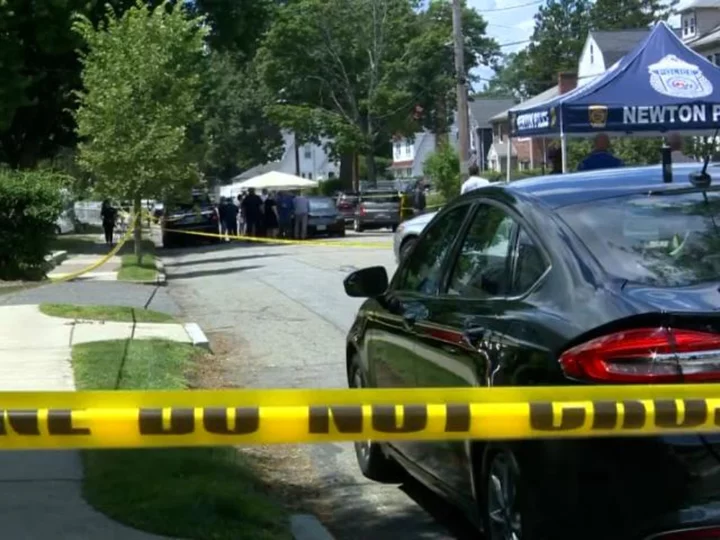
Massachusetts man arrested and charged with triple homicide after 3 family members found dead at home, officials say
Three people were found dead inside a residence in Newton, Massachusetts, on Sunday morning, including a couple celebrating their golden wedding anniversary, officials said.
2023-06-27 13:50
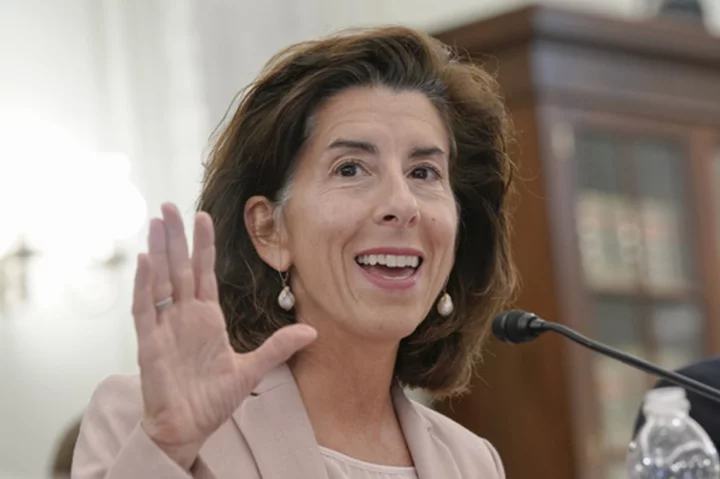
China says US moves to limit access to advanced computer chips hurt supply chains, cause huge losses
Beijing has vigorously protested the U.S. Commerce Department's latest update of export controls to prevent exports to China of advanced computer chips and the equipment to make them
2023-10-18 15:54

Biden campaign plots long-game strategy as Democrats' fears of a Trump win spike
President Joe Biden's aides privately acknowledge a rematch with Donald Trump in 2024 could be his best path to reelection, but they are terrified by what would happen if he lost -- which operatives on his campaign and throughout the Democratic Party worry is a very real possibility.
2023-09-14 17:26

Archbishop of Canterbury: UK migration bill is morally wrong
The head of the Church of England has made a rare intervention in Parliament to condemn the British government’s controversial migration bill, calling the policy “isolationist, morally unacceptable and politically impractical.”
2023-05-10 22:23

What is Laura Ingraham’s net worth? Fox News anchor began her career as speechwriter for Ronald Raegan
Ingraham began her hosting career on MSNBC but later moved to CBS to host ‘Watch It!’
2023-09-05 16:24

Biden not worried about 2024 election challenges with House Speaker Johnson
WASHINGTON U.S. President Joe Biden said he was not worried about 2024 election challenges after Republicans on Wednesday
2023-10-26 02:46
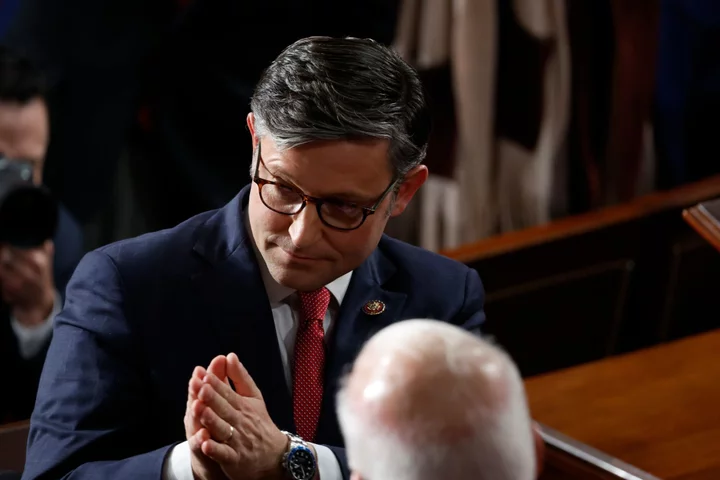
Speaker Mike Johnson Has No Plan With Time Running Out to Avoid US Shutdown
Speaker Mike Johnson, the little-known Louisiana congressman who emerged from a hardliner revolt as House Republicans’ new leader,
2023-11-09 19:57

RHOC's Tamra Judge receives flak as she poses with 'RHONJ' star Melissa Gorga amid Teresa Giudice feud
By posting images of herself standing with Melissa Gorga, the estranged sister-in-law of 'RHONJ' star Teresa Giudice, Tamra Judge appeared to be criticizing her on social media
2023-11-11 12:27

First ever Florida Man games will feature beer belly wrestling and 'evading arrest' obstacle course
It ain’t the Olympics, but a group of Floridians plan to host competitions themed according to the collective antics of the beer-loving, gator-possessing, rap-sheet heavy, mullet-wearing social media phenomenon known as “Florida Man.”
2023-10-26 16:25
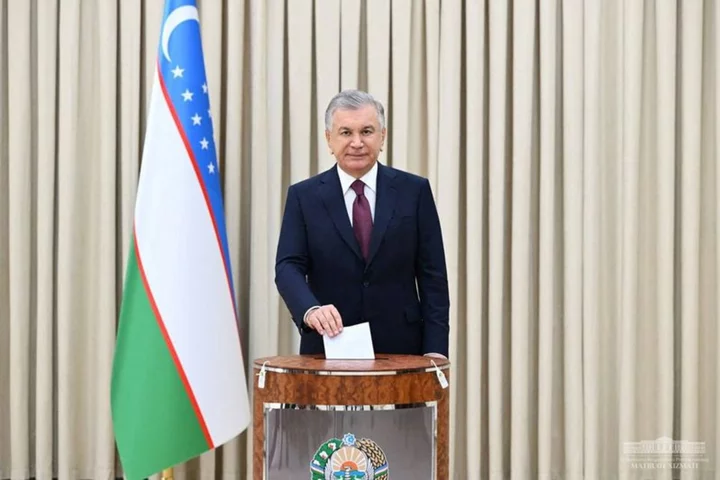
Uzbek leader re-elected for seven-year term in snap election
TASHKENT (Reuters) -Uzbekistan President Shavkat Mirziyoyev was re-elected with 87.1% of the vote on Sunday, the Central Election Commission said
2023-07-10 19:28

Ron DeSantis mocked for 'humiliating' turnout at rally
Ron DeSantis, once considered a likely rival to Donald Trump's Republican bid for president, was met with large numbers of empty seats at a campaign event in Iowa, despite what official photos might suggest. The Florida Governor has been attending a number of campaign events across the state this weekend in an attempt to boost support for himself after a dwindling campaign. The following pictures were tweeted by the Never Back Down PAC for DeSantis: Perhaps it looks like a successful event with a high turnout, but in reality, this is the true size of the crowd: Miller, a writer for media outlet The Bulwark, tweeted the image on Saturday, it has over 1 million views. He added that "DeSantis is doing a bunch of events this weekend and not all have been this sparse. This is the reality when you reboot and have to do the grind it out, lots of small events Let Ron Be Ron deal." Sign up to our free Indy100 weekly newsletter According to FiveThirtyEight, 45.9 per cent of Americans have an unfavourable opinion of DeSantis, in numerous other polls he is also seen trailing behind former president Donald Trump in Republican primaries. It wasn't long for DeSantis' biggest rival for the Republican nomination, Trump, used the opportunity to mock him. On Truth Social he highlighted that only 10 people were watching a livestream of a Ron DeSantis event in Iowa saying "WOW!" Trump's political advisor Steven Cheung also mocked DeSantis: The photo has since gone viral with many sharing the humiliating moment for DeSantis' campaign: DeSantis has seemed to centre the early days of his campaign combating 'wokeness', having recently faced widespread criticism following his introduction of Florida's new Black history curriculum, that suggests middle schoolers should be taught slaved learned some skills that could be of "personal benefit". Have your say in our news democracy. Click the upvote icon at the top of the page to help raise this article through the indy100 rankings.
2023-08-07 18:52
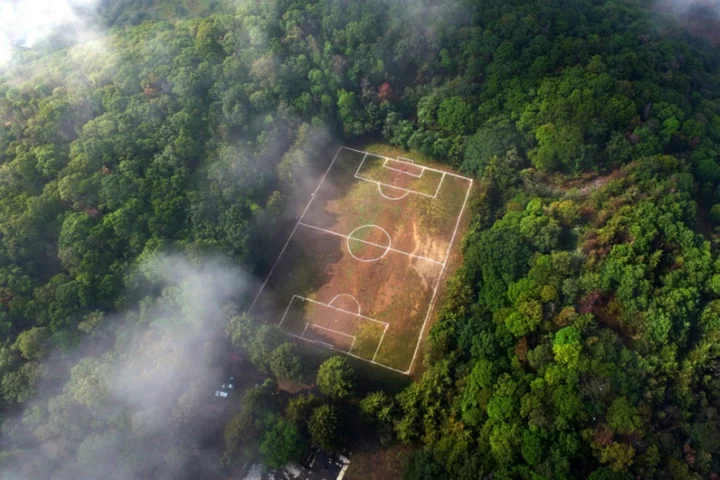
Mexican volcano crater home to 'unique' football pitch
A volcano crater is not an obvious venue for a football match, but that's where a referee blows the whistle for kick-off each weekend on...
2023-07-11 09:48
You Might Like...

New legal battles await colleges after US Supreme Court's affirmative action ruling
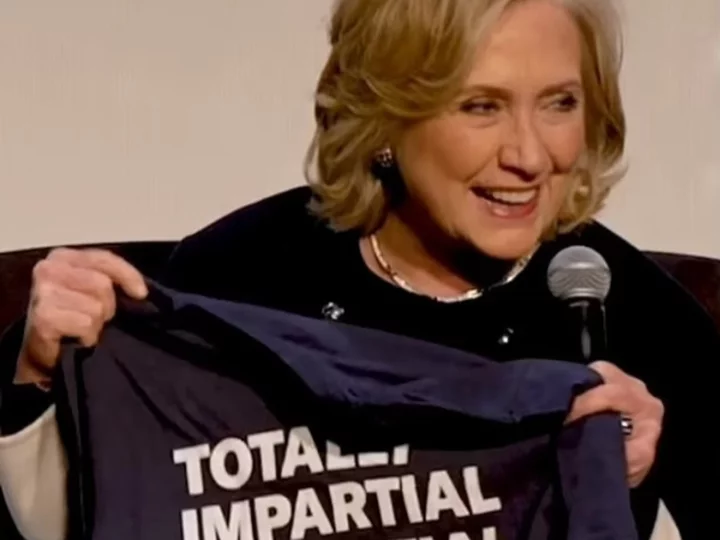
Hillary Clinton laughs at ‘crooked’ ‘cult leader’ Trump’s second indictment
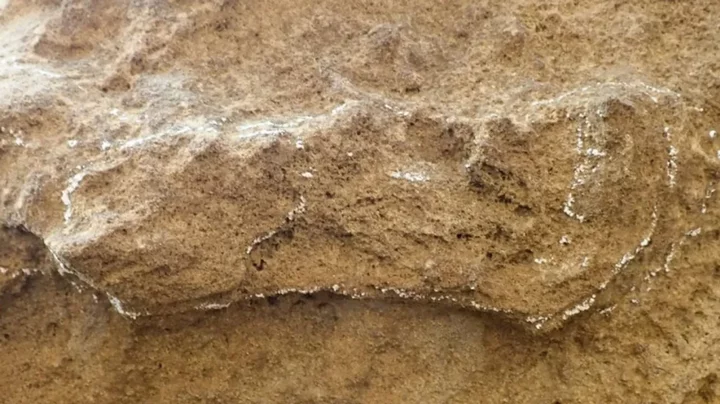
Study of oldest footprint ever may change the entire history of humanity

Three talking points from the Premier League
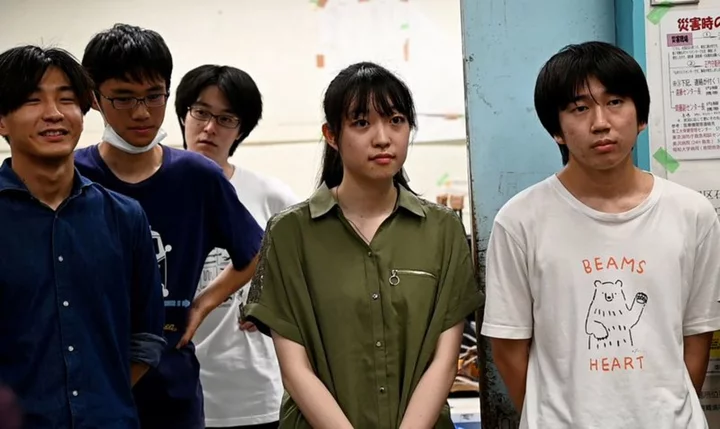
Smart girls don’t marry? Japan rushes to erase stigma for women in science

U.S. Supreme Court allows Justice Department to toss whistleblower cases
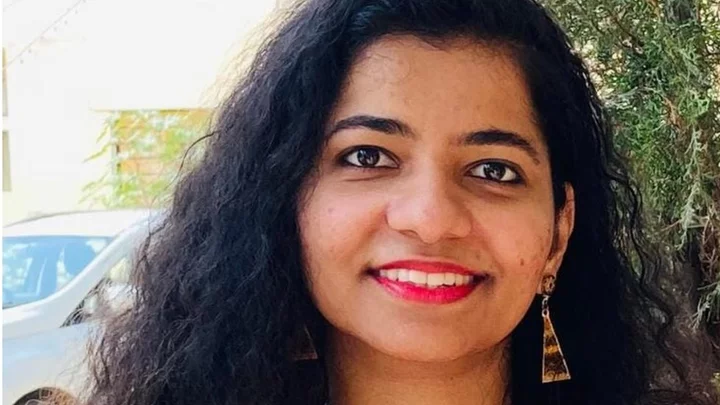
Sarah Sunny: How India's first deaf lawyer made history in Supreme Court

Internet hails Hollywood's call for ceasefire between Israel and Hamas: All the celebs who 'refuse to be silent'
